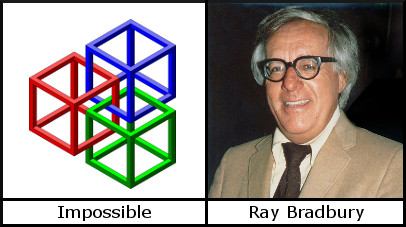Lord Byron? Jacques Barzun? Robert Halsband? Apocryphal?
Question for Quote Investigator: On a Pinterest pin-board I saw a picture of the famous British poet Lord Byron accompanying the following quotation:
Letter writing is the only device for combining solitude with good company.
I would like to use this expression in an article, but I have not been able to find a good citation. Would you please help?
Reply from Quote Investigator: QI has found no substantive evidence that Lord Byron (George Gordon Byron) crafted the statement above. The ascription was probably based on a mistake that will be explicated further below.
The earliest strong match located by QI appeared in 1953 in the introduction to “The Selected Letters of Lord Byron” which was edited and introduced by the prominent historian Jacques Barzun. Boldface has been added to excerpts:1
It is obvious that letter writing often gave Byron the opportunity to be outrageous and gay in a degree that no civilized society allows. A letter is in fact the only device for combining solitude and good company. And for some obscure reason, letters are also the proper medium for extravaganza.
The original wording of the expression differed slightly from the popular modern versions. Barzun was presenting his viewpoint in this passage, and he was not using the words of Byron.
In October 1953 “The Saturday Review” published an examination of “The Selected Letters of Lord Byron” by the scholar Robert Halsband. He praised the introduction by Barzun and reprinted the statement under investigation. Unfortunately, the context was ambiguous, and QI believes that some readers incorrectly attributed the remark by Barzun to Byron:2
The introduction, even if read after the letters (which is a test), stands out for its clarity and wit. Especially judicious is his distinction between the man Byron and the time-spirit Byronism; as a biographer and as a cultural historian he does justice to both. His epigrammatic style is no disadvantage: “A letter is in fact the only device for combining solitude and good company.”
Here are additional selected citations in chronological order.
Continue reading “Quote Origin: A Letter Is In Fact the Only Device for Combining Solitude and Good Company”
